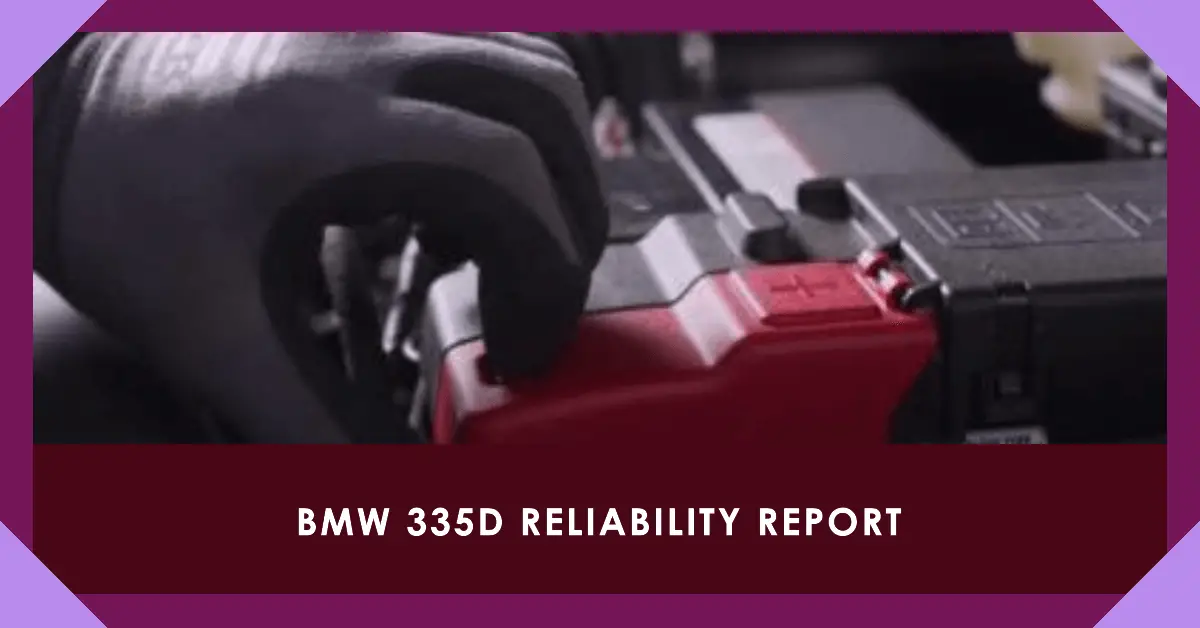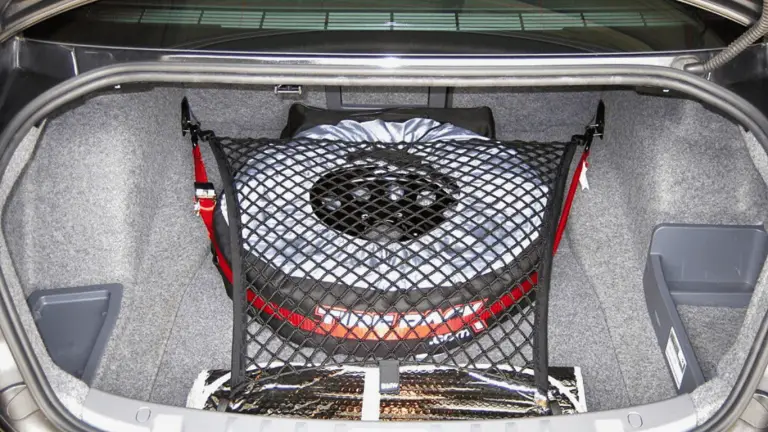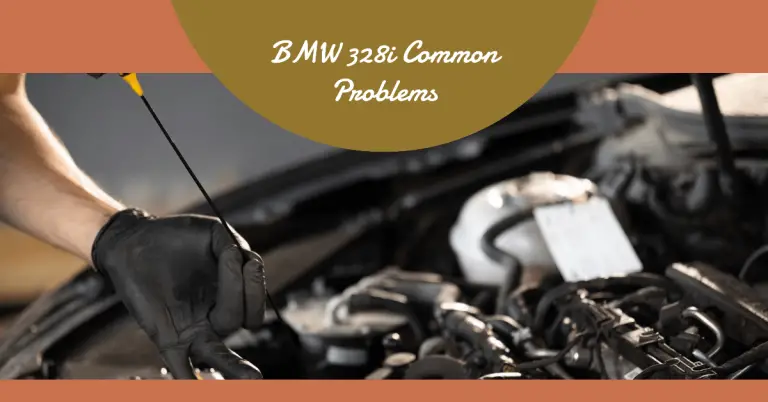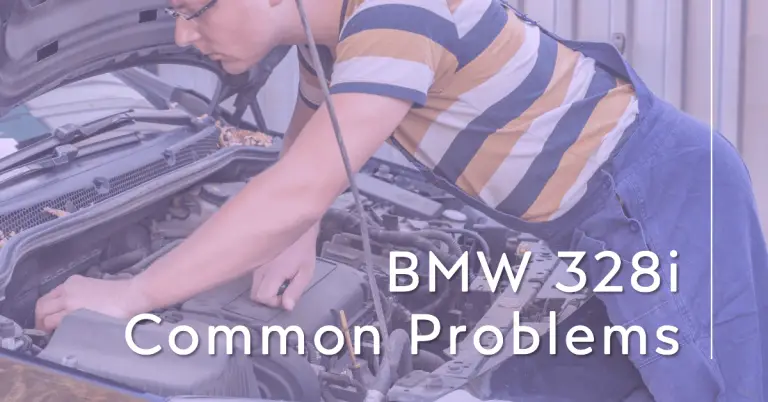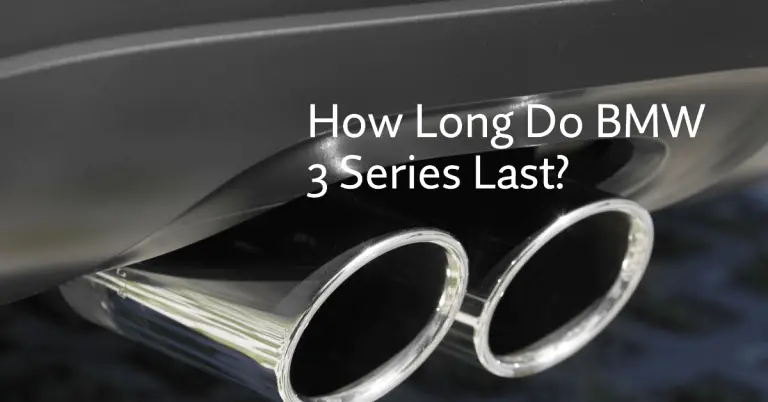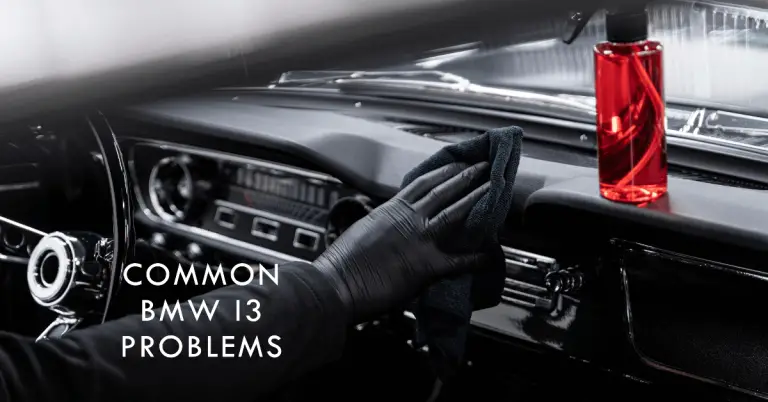BMW 335d Reliability: A Comprehensive Analysis
Are you considering buying a used BMW 335d diesel sedan, but unsure about reliability and ownership costs? As a popular turbocharged diesel model produced from 2008-2013, the BMW 335d seems enticing with its combination of fuel efficiency, torque, and driving dynamics. However, internet forums contain many tales of expensive turbo, fuel system, and electrical repairs down the road.
So how reliable is the BMW 335d, and what can owners expect in terms of maintenance and repair costs?
In short, the BMW 335d offers reasonable reliability for a used BMW when properly maintained, but requires more expensive scheduled maintenance than a typical gasoline vehicle. Common issues include carbon buildup, turbocharger failures, fuel system problems, and various electrical gremlins. Despite higher than average maintenance costs, satisfied 335d owners praise the vehicle’s performance, fuel economy, and daily drivability.
In this comprehensive guide, we’ll dive into reliability reports, maintenance costs, longevity examples, owner reviews, and tips for smart 335d purchases. Let’s explore one of BMW’s most beloved diesel models in-depth!
Brief Background on the BMW 335d Sedan
The BMW 335d is the diesel-powered variant of the popular 3-series sedan, produced from 2008-2013 in rear or all-wheel drive configurations. Equipped with a 3.0L twin-turbocharged straight six diesel engine, the 335d put out 265 horsepower and a stout 425 lb-ft of torque. Fuel economy ratings came in around 23/36 mpg city/highway in rear-wheel drive trim.
Compared to gasoline-powered 3-series models, the 335d sedan promises sprightly acceleration, frugal fuel usage, and high mileage potential from its iron-block turbo-diesel. However, as a more complex engine with high-pressure fuel injection, the 335d requires meticulous maintenance to reach high mileages problem-free.
Common BMW 335d Problems
All cars develop issues over time, especially with high mileage. Here are some of the most prevalent reliability problems reported by BMW 335d owners:
1. Carbon Buildup in Intake and EGR System
Carbon buildup in the intake valves and EGR cooler is a common headache on direct-injection engines like the 335d. As the miles pile on, carbon deposits restrict airflow through the intake path, hurting performance and fuel economy. Symptoms include power loss, rough idle, and reduced throttle response. Intake valve cleaning services help remove deposits, but may need repeating every 50k miles. Faulty EGR coolers should be replaced.
2. Fuel Injector Failure
The high-pressure fuel injectors on the 335d work hard delivering precise bursts of fuel into the combustion chambers. By 100k-150k miles, they are prone to failure, causing drivability issues like misfires, smoking, rough idle, and power loss. Replacement injectors can cost $200+ each from BMW, or around $120 apiece for reliable aftermarket units.
3. Turbocharger Failure
On 335d models, failed turbochargers are most common around 100k miles, sometimes earlier. Symptoms are lack of boost, oil burning, and metal particles in the oil. Rebuilding the original M57 turbos may provide a temporary fix, but most owners suggest replacing them with upgraded units for longevity, at a cost of $1,500-2,000 in parts.
4. Oil Leaks and Burning
Oil leaks from the valve cover gasket, oil filter housing, and turbo oil feed lines can become more prevalent with age. Keeping oil levels topped up is critical on the 335d to avoid turbo and engine damage. Excess oil consumption and burning can also occur internally past 100k miles due to piston ring and valve guide wear.
5. Electrical Gremlins
Like other used BMWs, the 335d is susceptible to electrical issues as it ages. Common problems include battery and alternator failure, faulty terminals and ground connections, instrument cluster pixelation, and various sensor replacements. Diagnosing electrical faults takes patience, but forum tips help.
Maintenance and Ownership Costs
To maximize reliability and lifespan, the 335d needs meticulous maintenance. Let’s break down both scheduled and unscheduled servicing costs.
Scheduled Maintenance Costs
The BMW 335d requires frequent routine maintenance to keep running optimally. Here are typical service intervals and costs:
- Oil and Filter Changes: Every 10k miles. $150-200 per visit. Requires specialized BMW-approved oils.
- Air, Fuel, Cabin Filters: Replace every 20-30k miles. Around $120 total.
- Brake Fluid Flush: Every 2-3 years. Around $130.
- Coolant Flush: Every 5 years. Around $350.
Typical scheduled maintenance costs are $1500-2000 per year, assuming 12k annual mileage. Higher than average, but necessary for longevity.
Unscheduled Repair Costs
When issues eventually crop up, here are typical repair costs reported by 335d owners:
- Turbocharger Rebuild or Replacement: $1500-2000
- Fuel Injector Replacement: $1000-1400
- Intake Cleaning: $150-250
- Water Pump Replacement: $650
- Alternator Replacement: $650
- Typical unscheduled repairs run $2000-3500 per year on average.
Overall, total maintenance and repair costs generally average $3500-5500 annually. Costly, but less than some comparable German luxury sedans when maintained proactively.
BMW 335d Lifespan and Longevity
With diligent maintenance, the BMW 335d can reach 200,000+ miles and 15+ years of faithful service. However, neglecting maintenance often results in expensive turbo, fuel system, and electrical repairs after 100k miles.
Factors that affect longevity include:
- Following scheduled maintenance intervals without fail
- Promptly diagnosing check engine lights or unusual symptoms
- Using quality replacement parts like OEM turbos and aftermarket injectors
- Adding an oil catch can to reduce turbo deposits
- Letting the engine properly warm up before hard acceleration
- Changing the automatic transmission fluid every 60k miles
With mature diesel engine technology and robust construction, the 335d has plenty of stamina when properly maintained.
Owner Reviews and Experiences
To better understand real-world BMW 335d ownership, let’s highlight excerpts from reviews on BMW forums and YouTube:
“I bought my 2009 335d with 40k miles and have put on 180k trouble-free miles in 6 years. Average around 45 mpg with great torque. Had to replace turbos at 140k miles, but only other repairs were regular maintenance.”
“I love driving my 2011 335d with 225k miles! It still pulls hard and handles great. The diesel torque is addictive. The main downsides are the costly scheduled maintenance and eventual expensive repairs down the road.”
“My 2008 335d has 190k miles now. The engine and transmission feel solid, but the turbos and electronics are getting finicky. Fuel economy has dropped slightly as it ages. Overall a fun used BMW, just budget for steep maintenance costs.”
“My 2012 335d just crossed 100k miles. So far just normal wear items, but I’m worried about carbon buildup and upcoming turbo/injector replacements. It’s been a great daily driver though – tons of torque and great MPG!”
Overall, owners report good reliability and performance if maintained well, but recommend budgeting $3000+ annually for preventive maintenance and eventual repairs. The biggest frustrations are the high-ticket failures of turbos, injectors, fuel pumps past 100k miles.
Tips for Buying a Used BMW 335d
If you’re shopping for a used 335d, keep these tips in mind:
- Have a prepurchase inspection at an independent BMW specialist
- Ask for maintenance records – choose cars with complete histories
- Test drive several cars and check for performance issues
- Review the last oil analysis report – should show little wear
- Consider an extended warranty for peace of mind
- Negotiate additional discount if turbos were not recently replaced
- Budget $3-5k per year for maintenance and repairs
Buying from a diligent owner who maintained their 335d properly can help minimize expensive issues down the road. Test driving multiple examples helps identify any problem cars.
Conclusion and Verdict on BMW 335d Reliability
In summary, the BMW 335d offers a compelling blend of performance, fuel economy, and driving refinement when purchased used, but requires higher maintenance costs to maximize longevity. Meticulous maintenance and early diagnosis of issues is key to minimizing headaches.
The BMW 335d earns a “Good” reliability rating overall, factoring in the ownership experiences of diesel enthusiasts who properly maintain these machines. For those who follow the maintenance schedule diligently and budget for repairs as needed, the 335d rewards owners with many miles of effortless diesel motoring.
Hopefully this in-depth reliability analysis has provided a realistic overview of owning a used BMW 335d diesel. While maintenance costs run higher than average, the 335d remains a popular choice among diesel fans thanks to its daily drivability and ample torque. If you’re prepared to invest in preventive maintenance, the 335d can be a reliable and rewarding used luxury sedan.

